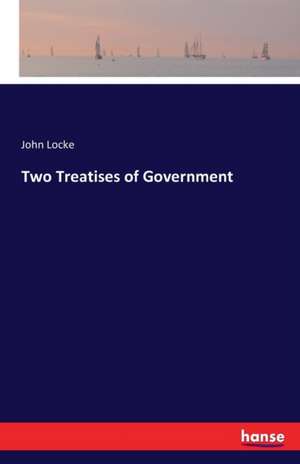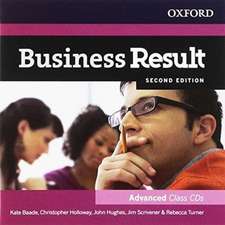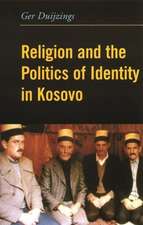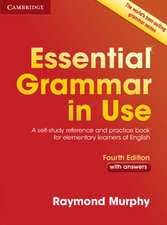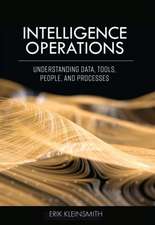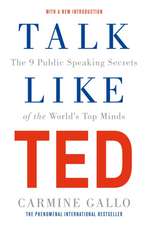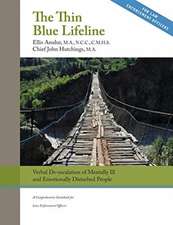Two Treatises of Government
Autor John Lockeen Limba Engleză Paperback – 31 mar 2021
| Toate formatele și edițiile | Preț | Express |
|---|---|---|
| Paperback (11) | 48.89 lei 3-5 săpt. | |
| CreateSpace Independent Publishing Platform – | 48.89 lei 3-5 săpt. | |
| Orion Publishing Group – 15 dec 1993 | 58.37 lei 3-5 săpt. | |
| CreateSpace Independent Publishing Platform – | 83.83 lei 3-5 săpt. | |
| Hackett Publishing Company – mar 2016 | 117.16 lei 3-5 săpt. | +26.72 lei 6-10 zile |
| Hansebooks – 31 mar 2021 | 307.04 lei 3-5 săpt. | |
| Merchant Books – apr 2011 | 78.39 lei 6-8 săpt. | |
| Binker North – 4 iun 2023 | 90.30 lei 6-8 săpt. | |
| Book Jungle – 3 noi 2009 | 116.24 lei 6-8 săpt. | |
| Book Jungle – feb 2009 | 128.18 lei 6-8 săpt. | |
| Lawbook Exchange, Ltd. – 14 feb 2010 | 133.72 lei 6-8 săpt. | |
| Alpha Editions – 10 iul 2020 | 139.74 lei 6-8 săpt. | |
| Hardback (2) | 132.04 lei 6-8 săpt. | |
| Binker North – 30 sep 1789 | 132.04 lei 6-8 săpt. | |
| Lawbook Exchange, Ltd. – 14 feb 2010 | 307.79 lei 6-8 săpt. |
Preț: 307.04 lei
Nou
Puncte Express: 461
Preț estimativ în valută:
58.79€ • 60.30$ • 49.50£
58.79€ • 60.30$ • 49.50£
Carte disponibilă
Livrare economică 05-19 februarie
Preluare comenzi: 021 569.72.76
Specificații
ISBN-13: 9783741186639
ISBN-10: 3741186635
Pagini: 428
Dimensiuni: 140 x 216 x 30 mm
Greutate: 0.54 kg
Editura: Hansebooks
ISBN-10: 3741186635
Pagini: 428
Dimensiuni: 140 x 216 x 30 mm
Greutate: 0.54 kg
Editura: Hansebooks
Recenzii
"The notes are excellent. There are very few people likely to pick up Locke who would not find them of use. Would that every edition of a classic work had an index of this quality, allowing the reader to go back and find a previous discussion touching on the same issue. The Introduction is clearly written, intelligent, and the argument is sound. I know of no better short introduction to this work." Paul A. Rahe, Charles O. Lee and Louise K. Lee Chair in the Western Heritage, Professor of History, Hillsdale College
Notă biografică
John Locke FRS (/l¿k/; 29 August 1632 - 28 October 1704) was an English philosopher and physician, widely regarded as one of the most influential of Enlightenment thinkers and commonly known as the "Father of Liberalism" Considered one of the first of the British empiricists, following the tradition of Sir Francis Bacon, he is equally important to social contract theory. His work greatly affected the development of epistemology and political philosophy. His writings influenced Voltaire and Jean-Jacques Rousseau, many Scottish Enlightenment thinkers, as well as the American revolutionaries. His contributions to classical republicanism and liberal theory are reflected in the United States Declaration of Independence.[14] Locke's theory of mind is often cited as the origin of modern conceptions of identity and the self, figuring prominently in the work of later philosophers such as David Hume, Rousseau, and Immanuel Kant. Locke was the first to define the self through a continuity of consciousness. He postulated that, at birth, the mind was a blank slate or tabula rasa. Contrary to Cartesian philosophy based on pre-existing concepts, he maintained that we are born without innate ideas, and that knowledge is instead determined only by experience derived from sense perception.[15] This is now known as empiricism. An example of Locke's belief in empiricism can be seen in his quote, "whatever I write, as soon as I discover it not to be true, my hand shall be the forwardest to throw it into the fire." This shows the ideology of science in his observations in that something must be capable of being tested repeatedly and that nothing is exempt from being disproven. Challenging the work of others, Locke is said to have established the method of introspection, or observing the emotions and behaviours of one's self Locke's father, also called John, was an attorney who served as clerk to the Justices of the Peace in Chew Magna[17] and as a captain of cavalry for the Parliamentarian forces during the early part of the English Civil War. His mother was Agnes Keene. Both parents were Puritans. Locke was born on 29 August 1632, in a small thatched cottage by the church in Wrington, Somerset, about 12 miles from Bristol. He was baptised the same day. Soon after Locke's birth, the family moved to the market town of Pensford, about seven miles south of Bristol, where Locke grew up in a rural Tudor house in Belluton. In 1647, Locke was sent to the prestigious Westminster School in London under the sponsorship of Alexander Popham, a member of Parliament and his father's former commander. After completing studies there, he was admitted to Christ Church, Oxford, in the autumn of 1652 at the age of twenty. The dean of the college at the time was John Owen, vice-chancellor of the university. Although a capable student, Locke was irritated by the undergraduate curriculum of the time. He found the works of modern philosophers, such as René Descartes, more interesting than the classical material taught at the university. Through his friend Richard Lower, whom he knew from the Westminster School, Locke was introduced to medicine and the experimental philosophy being pursued at other universities and in the Royal Society, of which he eventually became a member.
